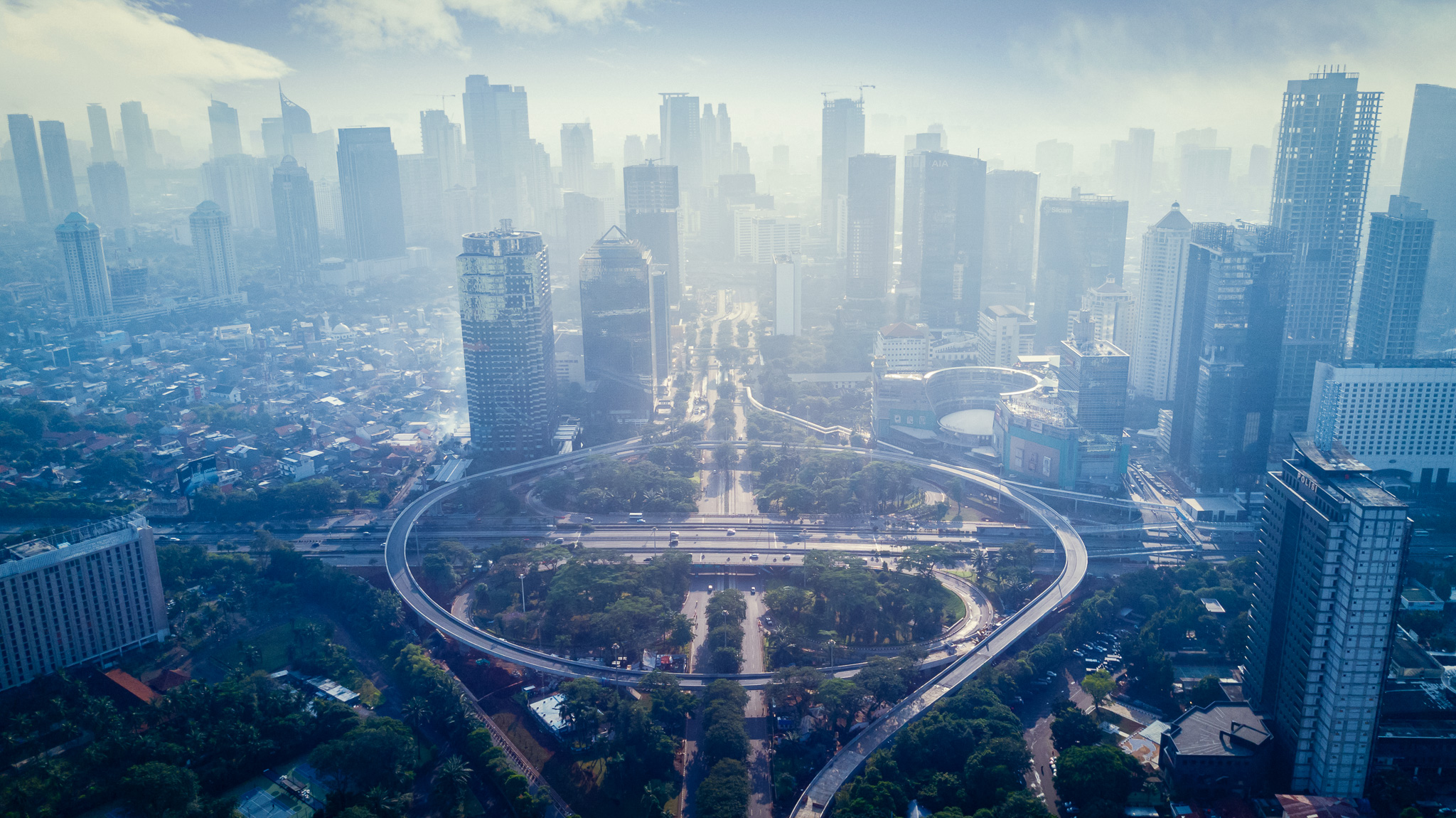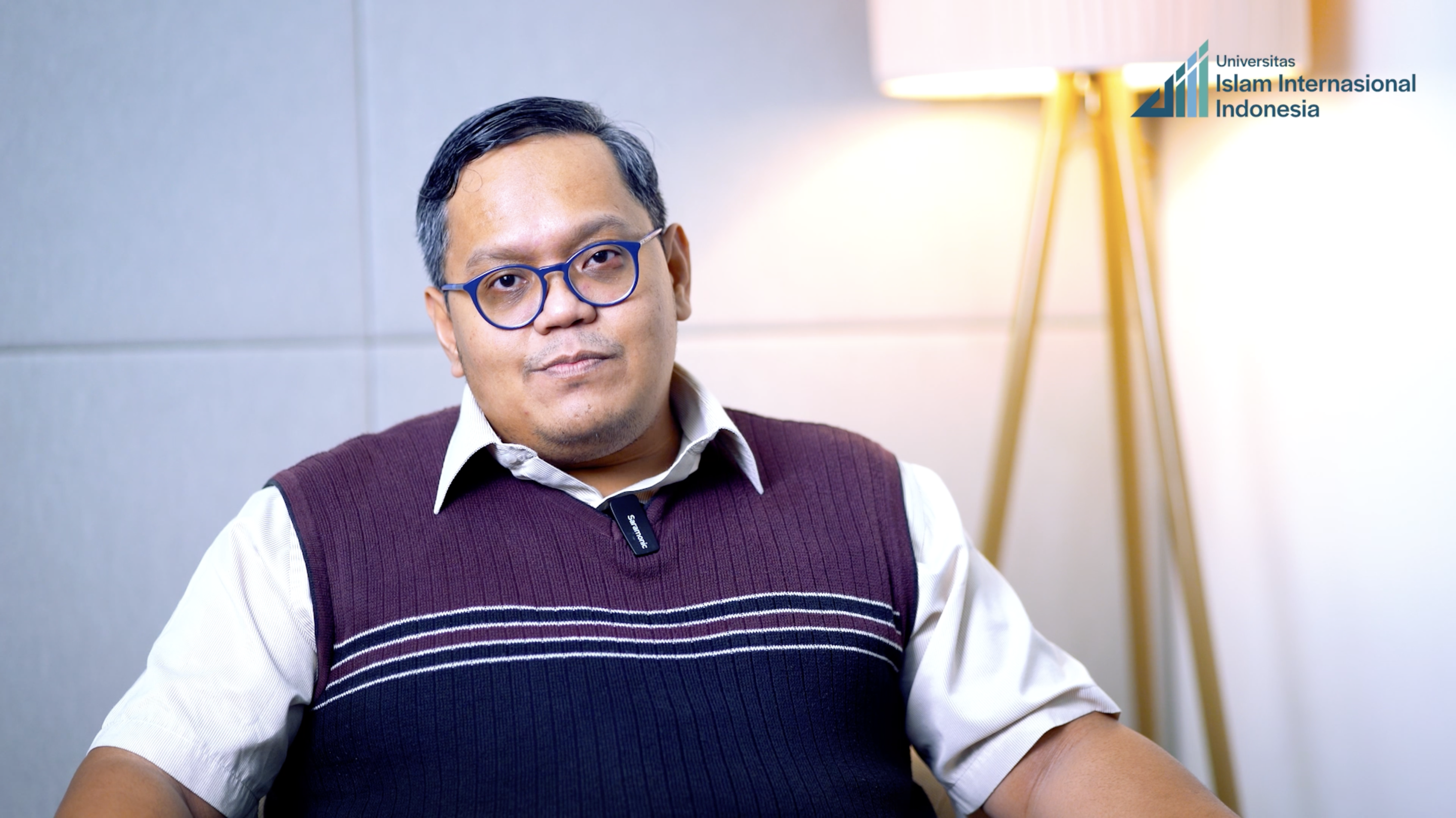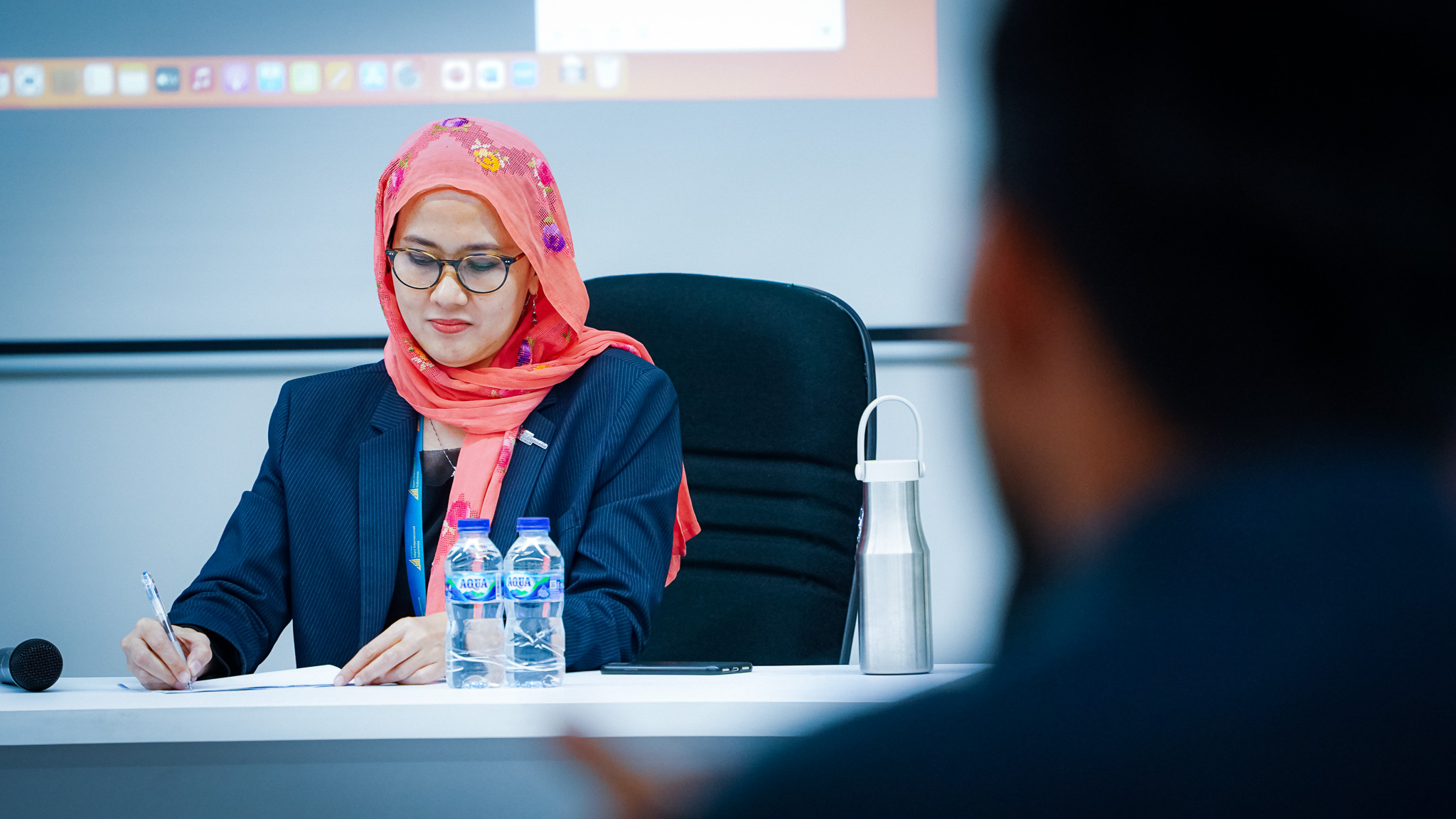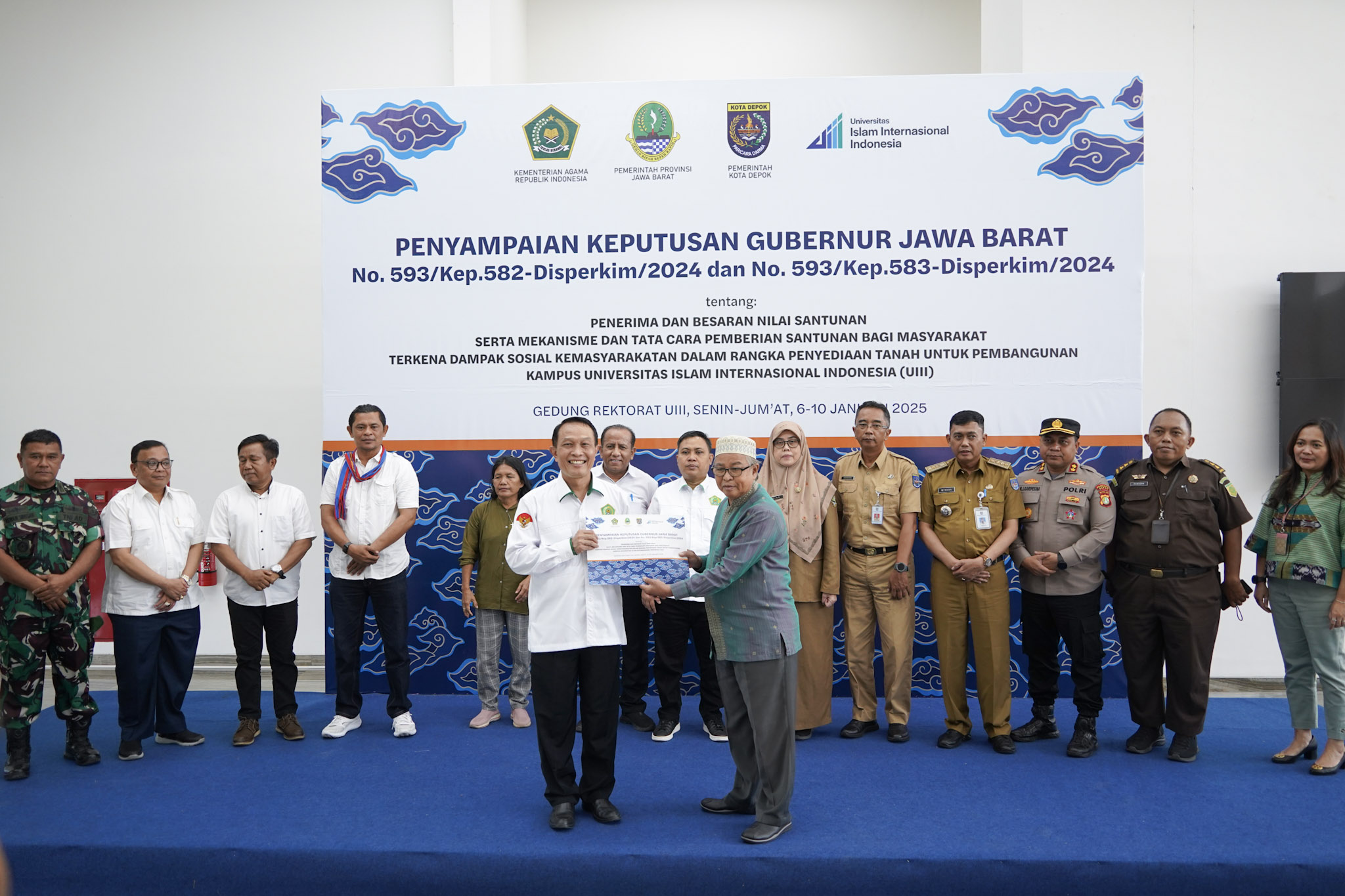Clean Air, What the Indonesian Government Needs to Do?
September 01, 2023 Contributor: Achmad Jatnika
The topic of pollution and air quality in Indonesia continues to be increasingly discussed, specifically during the country's annual dry season. The consensus on social and mainstream media is that the level of pollution has reached an unacceptable and unhealthy level. The Vital Strategies Policy Brief entitled “Main Sources of Air Pollution in Jakarta” found that Jakarta’s daily pollution levels are indeed significantly higher in the dry season than in the wet season.
On August 21, 2023, IQAir data showed Jakarta’s Air Quality Index (AQI) level at 156, with 65 µg/m³ of delicate particulate matter. Delicate particulate matter that are 2.5 microns or less in diameter (PM2.5) poses the greatest risk to human health. The level in Jakarta is 13 times higher than the World Health Organization (WHO) health-based Air Quality Guidelines.
Based on IQAir data, Indonesia, specifically Jakarta, was placed as the world's 7th most polluted city on August 21, 2023. The rank has decreased from its peak on August 9 when Jakarta was ranked as the most polluted city in the world. Jakarta has been consistently one of the ten most polluted cities in the world. In the past month, Jakarta’s AQI was consistently around the 100-160 level, with the cleanest air quality in Jakarta occurring on the 17th of August, with a 99 AQI level.
The Centre for Research on Energy and Clean Air (CREA) reports that rapid industrialization and urbanization have continuously increased air pollution. Air pollution now consistently exceeds the WHO recommendation (PM2.5 concentration of 10 µg/m³).
However, air pollution in Jakarta and Indonesia is a manageable problem; some cities in the world have successfully overcome the pollution problem. To overcome this problem, CREA recommends the Indonesian government should prepare policies to regulate and monitor ambient air quality and pollution from significant sources to protect the Indonesian people's right to clean air.
We can learn from China, which successfully decreased air pollutants by as much as 40% in less than seven years. In 2013, the level of PM2.5 in China averaged 52,4 µg/m³, ten times higher than the WHO recommendation. China enacted several policies to restrict coal and car emissions. In 2017, China closed 27 coal mines in the Shanxi region, China's biggest coal producer. Even though Beijing still records a high PM2.5 level, it’s slowly improving, and this is something that Indonesia can replicate.
Meanwhile, Vital Strategies recommends reducing coal combustion, limiting vehicle exhaust, enforcing open burning bans, and controlling construction dust, paved road dust, and exposed soil to overcome air pollution. Vital Strategies reports that particular matter from coal combustion is detected in Jakarta, even though this does not
occur in the city.
These policies must be accompanied by enforcement mechanisms to hold large polluters accountable while protecting Indonesia’s environment and the health of Indonesia’s citizens. Ultimately, Indonesians have a right to clean air.
Sources:
https://www.iqair.com/id/world-air-quality-ranking
- A Vice Minister’s Tour Through UIII's Landmark, a Walk for a Greener Future
- Flavors, Bonding, Sustainability: UIII’s Green Bazaar Ramadan Re:Market Has It All!
- New Chapter for UIII: Community and State Join Hands to Build Indonesia’s Future
- Exploring Untold Stories from Every Corner of Indonesia
- Capturing Religious Harmony: A Photo Exhibition
- Fostering Interfaith Connections among Foreign Students in Indonesia
- From Kano to Jakarta: A Nigerian Student's Journey Through Indonesia's Political Landscape
- Garuda and Eagle: A Mexican Student’s Reflection on State Symbols at Indonesia’s Parliament
- Honoring Prof. Noorhaidi: A New Chapter for UIII and UIN Sunan Kalijaga
- Prof. Noorhaidi Takes the Helm at UIN Sunan Kalijaga


